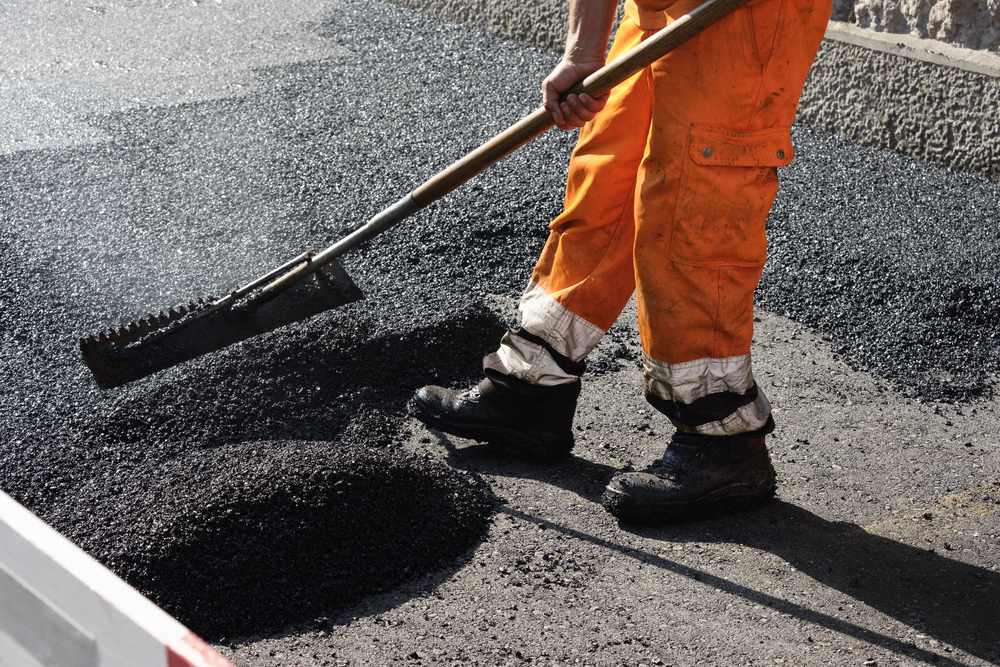
If you are looking to pave a road or driveway near residential or commercial property, you have probably heard both concrete and asphalt touted as possible options when it comes to a choice of material. Both asphalt and concrete paving has much to recommend, but then much also depends on what your specific needs are. When it comes to roads and highways, the concrete asphalt debate has raged for several decades, with the lower costs and greater anti-skid properties of asphalt competing against the durability and environmental friendliness of concrete roads. But there are many other applications of these two substances that should also be considered, such as parking lots and driveways.
How are Concrete and Asphalt Roads Made?
The first step to understanding which material is better for your needs is to understand a little more about what concrete and asphalt actually are, how they are made, and how their composition gives them their distinct qualities.
Concrete is made using something called aggregate, which is a crushed hard material (usually rock or sand) mixed with cement and water. The cement acts as a binder, which means that it is the substance that holds together the aggregate and makes it spreadable for paving. As the mixture dries, it hardens into a smooth, even covering, perfect for roads. Concrete is sturdy, but its long-term durability depends on a few factors, such as the smoothness of the underlying surface and the weather and temperature conditions to which it is subject over time.
Asphalt is where things get more synthetic. It is held together in the same way as concrete – with a binder that dries. However, in the case of asphalt, the binder is a black, sticky substance derived from oil, called bitumen. The aggregate is typically a finer material, which means asphalt is typically smoother. Hot liquid asphalt is usually poured over a bed of coarser aggregate, with no binder, and pressed into it with a steam roller. The asphalt fills all the cavities in this coarser aggregate and builds a smooth layer on top.
Concrete vs Asphalt
So, with a better understanding of the composition of both concrete and aggregate, it is time to weigh up their relative benefits. Parking Lot Pros, a paving company out of Dallas, Texas, recommend that you keep in mind that the best solution will depend very much on what is being paved – so you should initially consider both.
Benefits of Concrete
Because concrete uses entirely natural ingredients, it is always the more environmentally friendly option; it does not make use of crude oil-derived substances like the bitumen needed for asphalt roads. If the underlying substance is kept smooth, the concrete is well-mixed and the ingredients are in the right proportions, it is entirely durable and safe. For applications such as driveways, it also looks considerably more natural and blends in aesthetically with a natural setting. Asphalt, remember, is dark black.
Benefits of Asphalt
The great benefit of asphalt is that it is less prone to cracking and breaking over time. It is also a more versatile option as it can mold and fill uneven surfaces better than concrete. This makes it the winning choice for very uneven underlying surfaces. Vehicles also grip asphalt a little better than concrete, which makes it good for driving in wet, icy, or snowy conditions.
Last Word
So, to decide between the two, simply consider these relative benefits. For flexibility, durability, and safety with high-speed traffic, go with asphalt; for a more natural and less invasive surface (and a cheaper option), concrete might be best.




